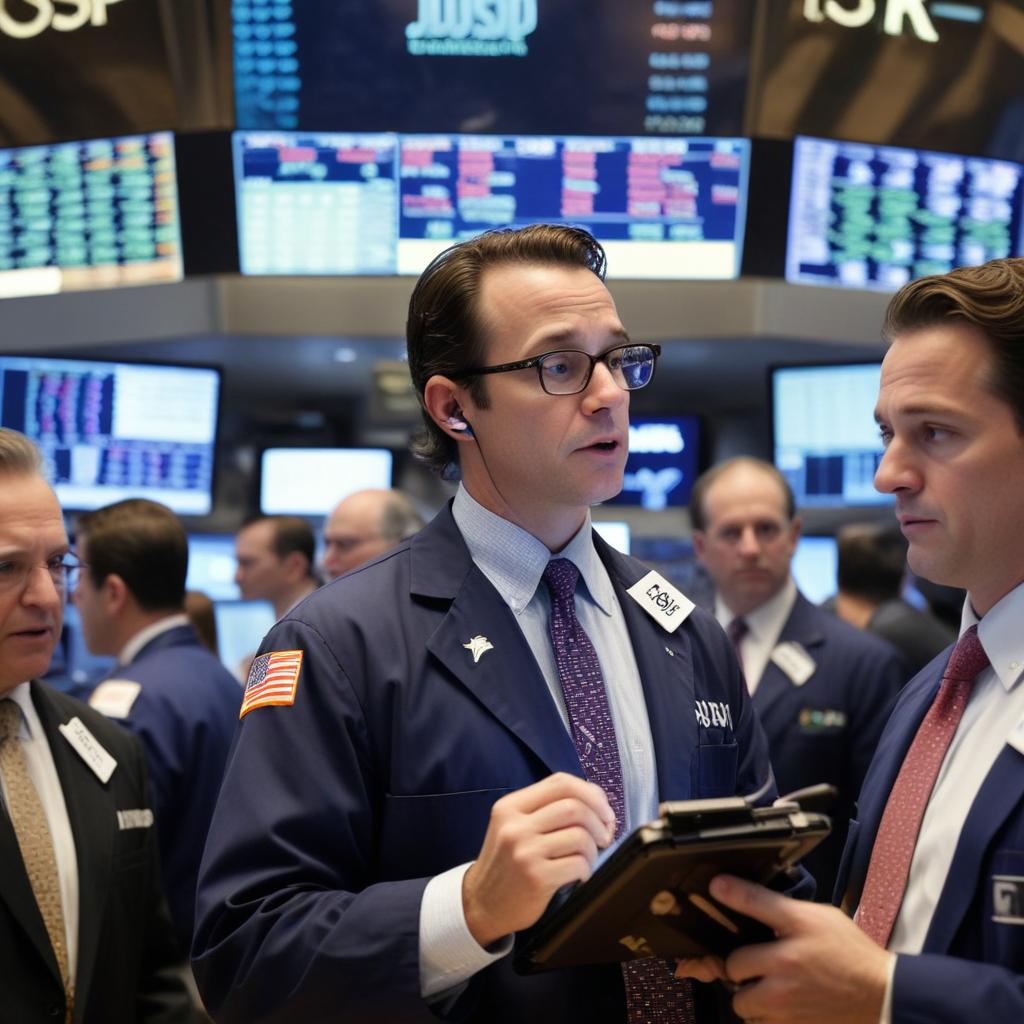The U.S. stock market experienced an early sharp decline on Friday, with high-flyers like Nvidia, Bitcoin, and gold swinging wildly, but quickly calmed. The S&P 500 recovered most of its initial 1.3% drop to finish down only 0.1%, largely due to a dramatic turnaround by AI giant Nvidia, which initially fell 3.4% before rallying 1.8%.
The U.S. stock market began Friday with a significant early swoon, seeing the S&P 500 drop 1.3%, but quickly stabilized and largely recovered. The S&P 500 ultimately finished with a slight dip of 0.1%, while the Nasdaq composite gained 0.1%, and the Dow Jones Industrial Average trimmed its loss to 0.7% after an earlier nearly 600-point decline. AI stocks, particularly Nvidia, were central to the day's volatility. Nvidia, a bellwether for the artificial intelligence frenzy, initially plunged 3.4% but then surged back to a 1.8% gain, significantly influencing the market's recovery. Critics continue to warn that the market, especially AI-related stocks, may be overvalued after substantial price increases since April. Nvidia's stock has more than doubled in four of the last five years and is up over 40% this year alone. The market's resilience, despite recent sharp swings, keeps the S&P 500 within 2.3% of its late-month record. Outside of tech, Walmart saw its CEO Doug McMillon announce a surprise retirement in January, causing its stock to dip before recovering. All eyes are now on Nvidia's upcoming profit report on Wednesday; a miss on expectations could trigger further market drops, given its status as Wall Street's largest stock by value. Broader market valuations are also tied to interest rates. While the Federal Reserve has already cut rates twice this year, uncertainty looms over a potential third cut in December due to persistent inflation above the 2% target and delays in economic data releases caused by a government shutdown.



